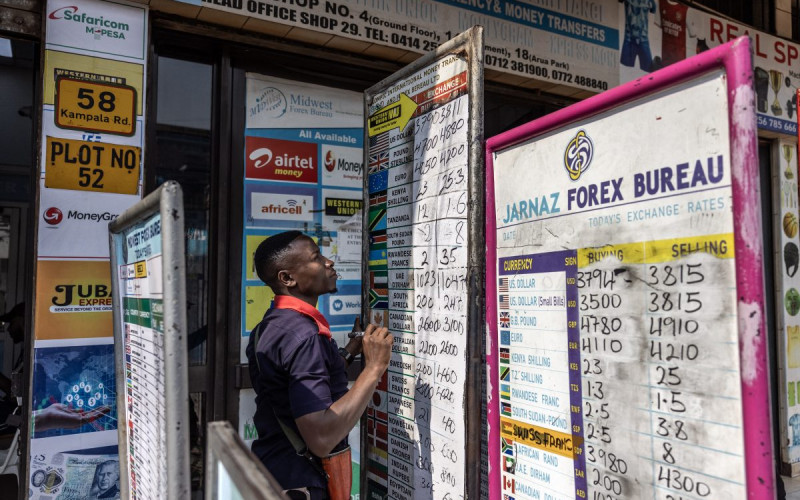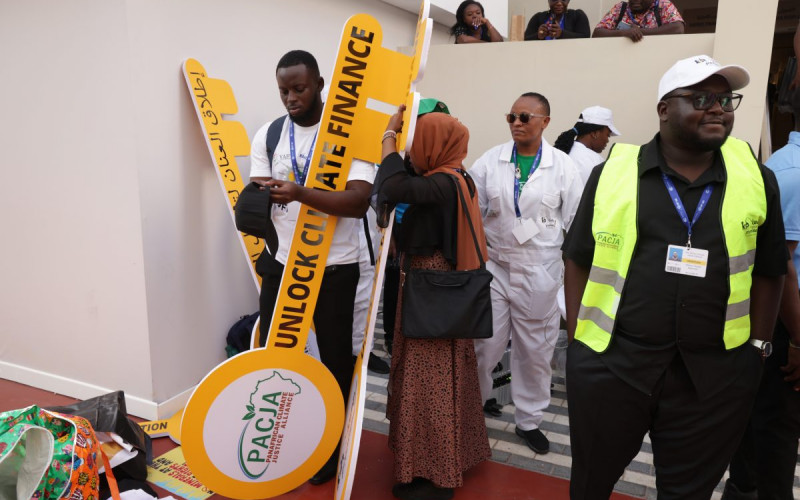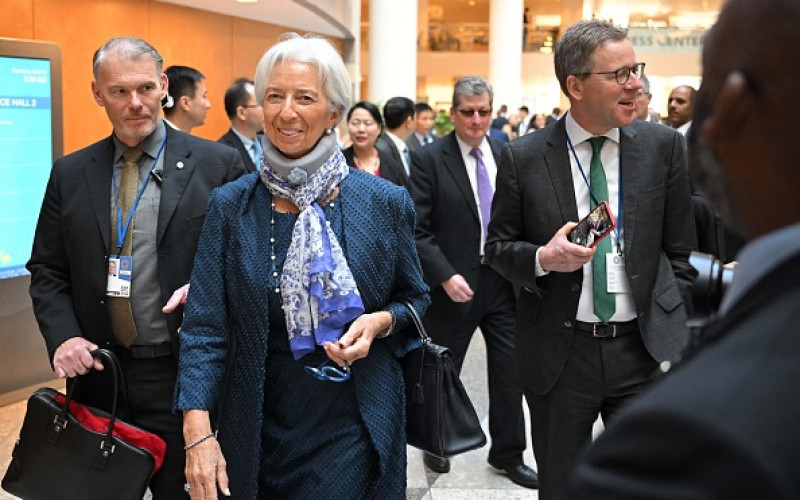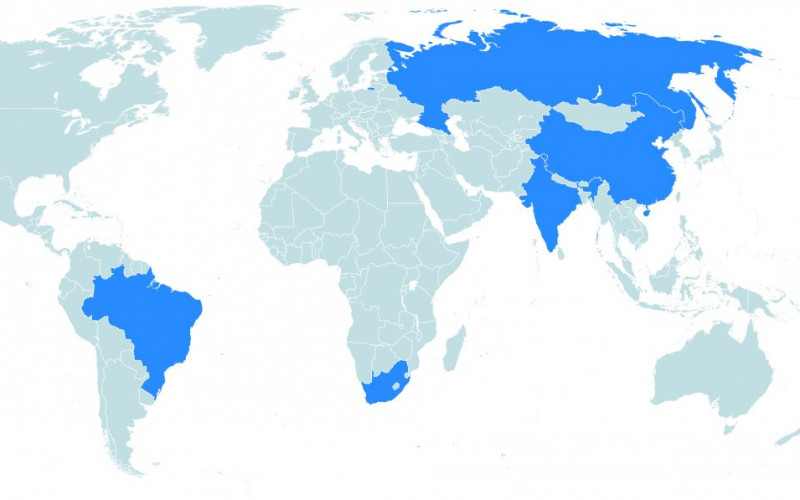Task forces have evolved throughout the years, and other elements have been added, such as inviting think tanks from the region of the hosting nation and from Africa, and issuing calls for papers. After four years, we believe, it is time to reflect on the T20’s achievements as well as areas for improvement. In this concept note, we focus mainly on process-related and structural issues as a prerequisite to advance specific recommendations to the G20 on pressing global challenges. As longstanding participants of the T20, we describe in the following our view on the purpose and current shortcomings of the T20 process and make suggestions on how the process could be reformed to allow the group to realise its full potential to become more impactful, effective and continuous while maintaining the T20’s diversity, inclusiveness and dialogue-orientation. In particular, we propose a number of reforms of the governance of the T20.
Co-authors: Axel Berger / Imme Scholz / Anna-Katharina Hornidge / Sait Akman / Jann Lay / Gustavo Martinez / Stormy Mildner / Amrita Narlikar / Andrea Ordóñez / Claudia Schmucker / Sébastien Treyer







